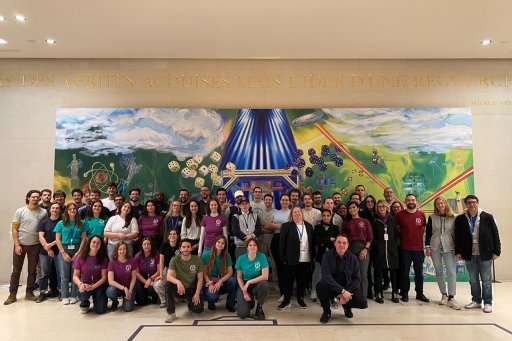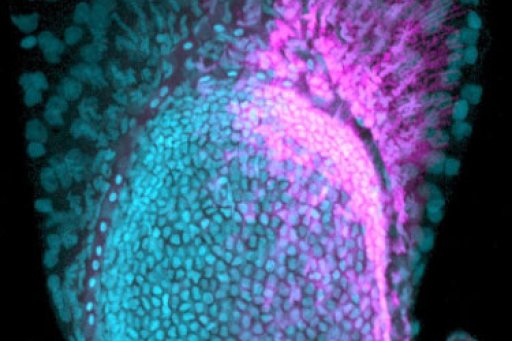As the use of solar and wind energy increases rapidly, their intermittent nature requires the development of energy storage technologies. Electricity can be converted into hydrogen by electrolysis of water. It can also be stored in the form of liquid fuels, such as ethanol, by converting carbon dioxide (CO2), thereby limiting and adding value to our carbon emissions. Both solutions have one thing in common: water oxidation. To produce hydrogen and convertCO2, the water molecule needs to be broken, to extract the hydrogen atoms. Since water is very stable, catalysts are needed to accelerate its cracking. The comparative analysis carried out here has identified the very best non-precious metal catalysts. Thanks to the discovery of a new porous nickel-based support, records have been set in terms of energy efficiency. Thus, the development of active catalysts depends not only on improving their composition and morphology, but also on integrating innovative porous and conductive supports.
The article entitled " Benchmarking of Oxygen Evolution Catalysts on Porous Nickel Supports ", which covers this work , is published in the journal Joule. It is signed by Prof. Marc Fontecave, holder of the Chemistry of Biological Processes chair at the Collège de France, andAdèle Peugeot, doctoral student at the Collège de France working with Prof. Marc Fontecave.









